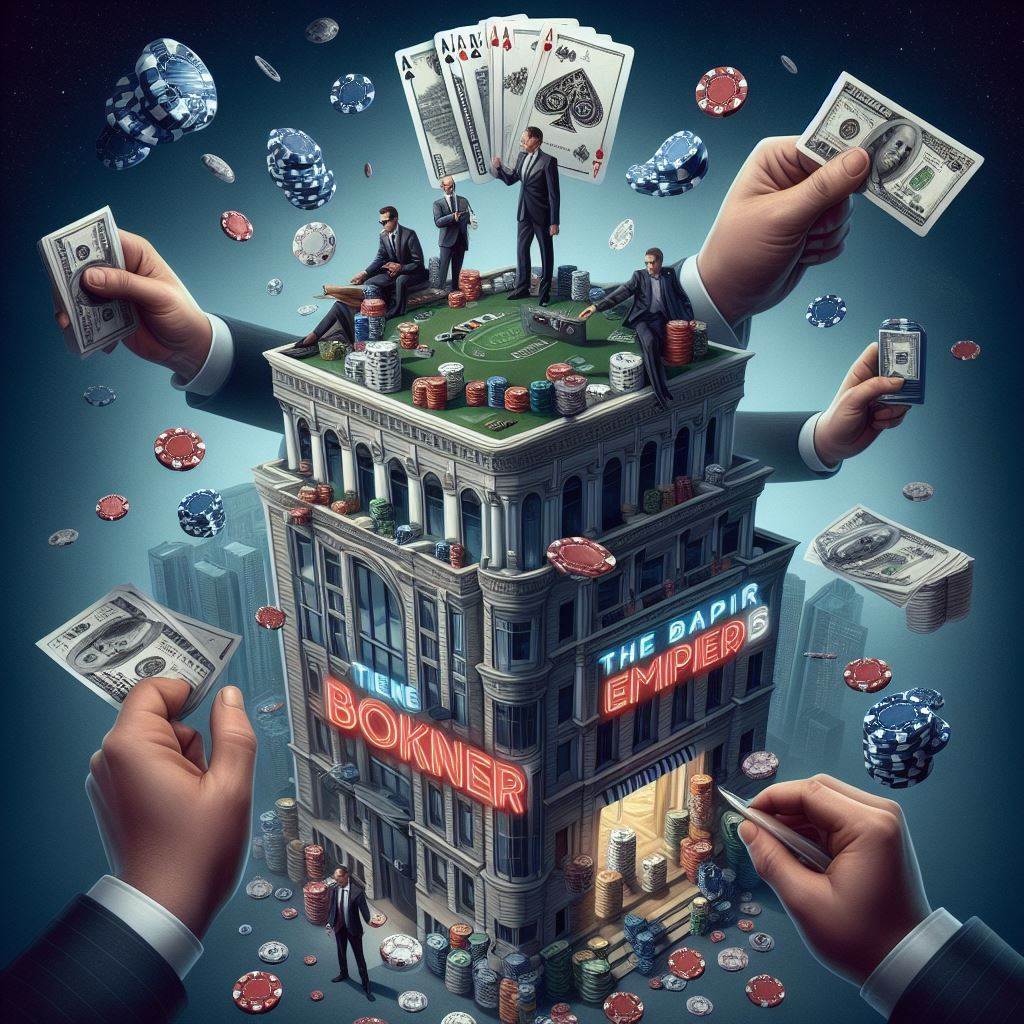Introduction: The Thriving Era of Online Poker Business
Poker is not just a game anymore. In the past decade, it as transformed into a lucrative business platform, attracting entrepreneurs and investors alike. The online poker industry is now worth billions as companies exploit the game’s popularity among internet users worldwide. Today, we delve into this profitable industry, The Business Behind the Cards revealing how to build a successful poker empire and the business strategies at the back of the deck.
The Business Structure Behind Poker
Building a poker business empire is not as simple as shuffling and dealing cards. It’s far more complex, demanding a whole range of business operations, from licensing to marketing to technical infrastructure.
Obtaining Licenses
Just like any other business, the online poker industry is subject to specific regulations and laws, varying from one region to another. To legally operate a poker website or app, The Business Behind the Cards obtaining a gaming license is mandatory. The process can be lengthy and challenging, requiring the submission of various documents that prove the business’s integrity and transparency. This licensing process is crucial in legitimizing the enterprise and creating a level of trust with potential customers.
Developing a Platform
Next, aspiring poker entrepreneurs need a first-rate platform where players can gather. This can take the form of a website or mobile app, The Business Behind the Cards where functionality and performance must be top-notch to ensure a smooth user experience. The development of such a platform typically involves a team of experienced software engineers and designers. They must construct a robust technological infrastructure able to handle security concerns, heavy traffic, payments, and a flawless gaming interface.
Marketing and Player Acquisition
Once the legal and technical bases are adequately covered, the focus shifts to marketing. Attracting a significant player base constitutes a substantial and vital part of poker industry success. This involves implementing strategies such as target marketing, leveraging social media advertisement, promotional offers, and championship sponsoring. Acquiring a loyal player base demands time, persistence, investment, and smart promotional strategies.
Revenue Models of Online Poker Business
A poker company’s revenue usually comes from one of four sources: rake, tournament fees, side games, and indirectly, through advertisements.
The rake is a small percentage taken from each cash table pot by the house. It’s designed to be small enough that players don’t notice much but cumulatively makes up the profitable business’s backbone.
Tournament fees represent another substantial revenue source. In poker tournaments, players pay an additional fee on top of the tournament buy-in, which goes directly to the house. A single tournament may not yield much, but hosts dozens or hundreds of concurrent tournaments can generate a significant return.
Side games or poker variants are other crucial revenue contributors. Sites and apps offer a myriad of poker versions, keeping players engaged and providing additional rake opportunities.
Lastly, advertisements indirectly contribute to revenue by attracting more players to the platform or promoting in-app purchases. The exposure from ads draws more traffic, helping with upselling and fueling other revenue streams.
The Challenges and Risks involved
Like every industry, the online poker business comes with its share of challenges and risks. Some of these risks include legal liabilities, cyber threats, fierce competition, and fluctuations in player behavior.
Legal risks arise due to the varying regulations across different regions. What’s legal in one place might be considered illicit in another. Failure to comply can lead to hefty fines or a forced shutdown.
Cybersecurity threats are another challenge, given the online nature of the business. Ensuring customer data protection and financial transaction safety are paramount in creating a trustworthy platform.
Competition is another significant challenge. With many poker sites and apps to compete with, distinguishing yours from the pack can be a daunting task.
Finally, the business is influenced by the unpredictable behavior of players. The number of active players, buy-ins, and their playing time can all fluctuate, influencing the income of a poker platform.
Conclusion: A Promising Future
Despite the mentioned challenges, the online poker industry holds a bright future. The COVID-19 pandemic, which necessitated social distancing and stay-at-home orders, increased poker’s online popularity. The industry is also backed by continuous technological advancement, providing exciting avenues for growth.
In conclusion, building a poker empire is no cakewalk. It requires a patient, calculated approach, impeccable strategy, and a dash of risk – traits that you’ll find mirrored in a game of poker itself. With the right cards in hand and a good bluff or two, the world of online poker could be your oyster.



